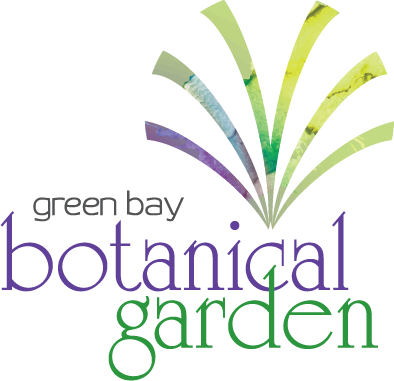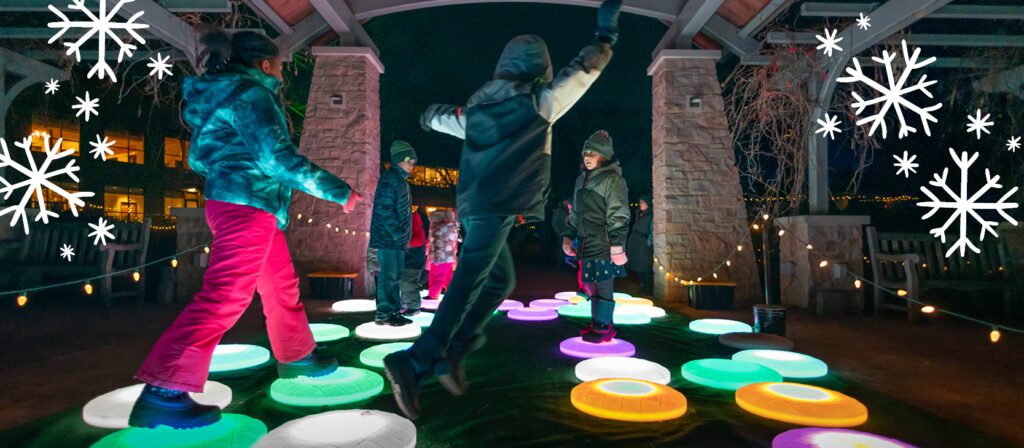Last week, we dived into what makes a dragonfly a dragonfly, but did you know that dragonflies are widely used by the scientific community as an indicator species? What is an indicator species exactly?
Well, let’s dive into the meaning behind them and why they’re important!
What is an Indicator Species?
Scientists monitor certain species of plants and animals, known as indicator species, to gauge the health of an ecosystem. If a particular species is abundant and healthy, it indicates good environmental conditions. If a species declines in number or health, it’s a sign to scientists to look for harmful influences in that environment.
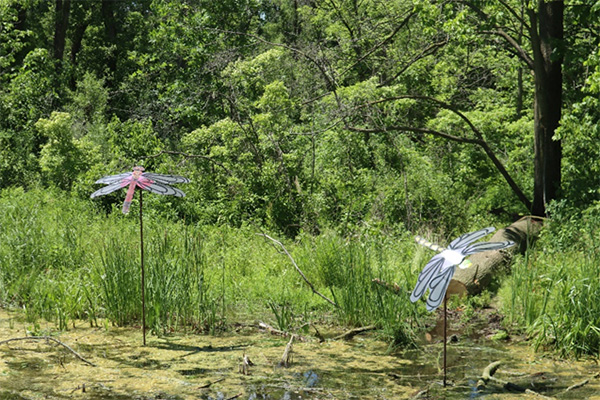
Indicator species offer clues about specific environmental conditions and changes to an ecosystem. They can also help scientists diagnose problems, such as:
- Disease outbreaks
- Soil, air, and water pollution
- Climate change
- Habitat loss and fragmentation
Types of Indicator Species
Dragonflies are not the only indicator species either. There are quite a few! Some more examples include frogs, lichen, and otters.
Frogs and other amphibians make good indicator species because they live in two environments, land and water, and have thin skin that’s sensitive to impurities in the water and air.
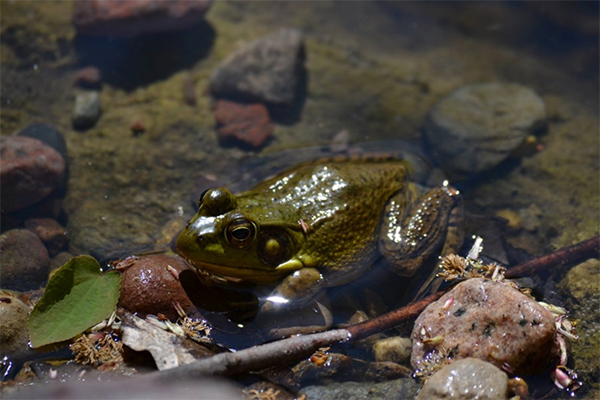
A lichen is not a single organism, but the result of a symbiotic partnership between fungi and algae. Lichen grow on many surfaces, including trees, rocks, and soil. Because they mainly get their nutrients from the air and precipitation like rain, they’re particularly sensitive to air pollution.
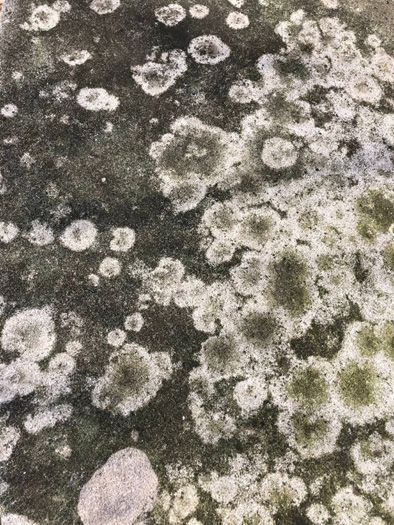
Otters live in oceans, rivers, lakes, and marshes, basically wherever there is clean water, bankside vegetation to provide cover, and good food sources. As upper-level species in their food web, otters accumulate contaminants at a higher concentration than other species, making them highly susceptible to water pollution.

How Are Dragonflies Threatened?
Like many species, dragonflies are threatened by habitat destruction, pollution, and climate change.
Habitat destruction such as agriculture and urban development can lead to the draining and destruction of wetlands, leaving dragonflies without a habitat.
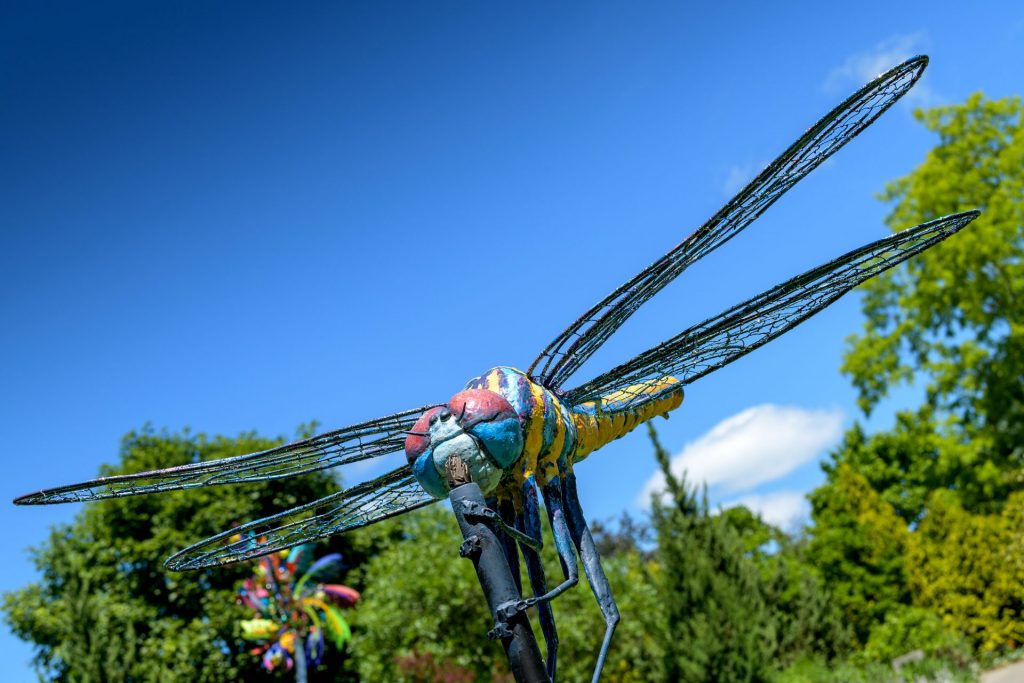
Pollution including pesticides and other pollutants can contaminate the water in which dragonflies live.
Climate change can also affect water levels in wetlands, which may impact dragonflies’ abilities to reproduce and find food.
How Can We Help?
It’s clear that it’s crucial to protect dragonflies and their habitats. They help us monitor pollution, climate change, and other possible threats to ecosystems around the world which helps keep us safe and monitor how environments are holding up.
Here are a few ways that you can help support dragonflies:
- Volunteer and join support groups that help protect wetland and other crucial habitats. Learn more about wetland restoration and conservation through the Wisconsin Department of Natural Resources or the Wisconsin Wetlands Association.
- Minimize use of pesticides, fertilizers, and other harmful pollutants that contaminate water.
- Find ways to reduce your carbon footprint by walking, biking, and taking public transit instead of driving, when possible.
Make sure you drop by the Garden this summer to check out the Habitat exhibit and learn more about dragonflies and habitats. Stop by the Daylily Display Bed and retention pond to see our larger-than-life dragonfly sculptures too!
Habitat was developed by Smithsonian Gardens and is made available by the Smithsonian Institution Traveling Exhibition Service.
